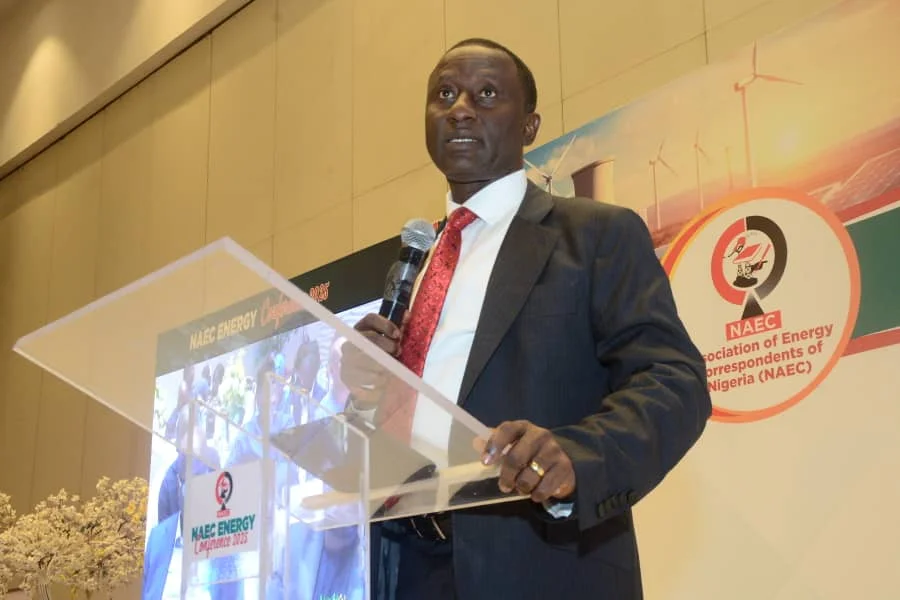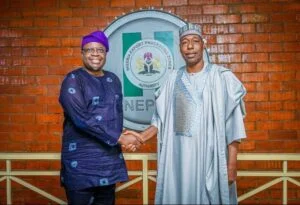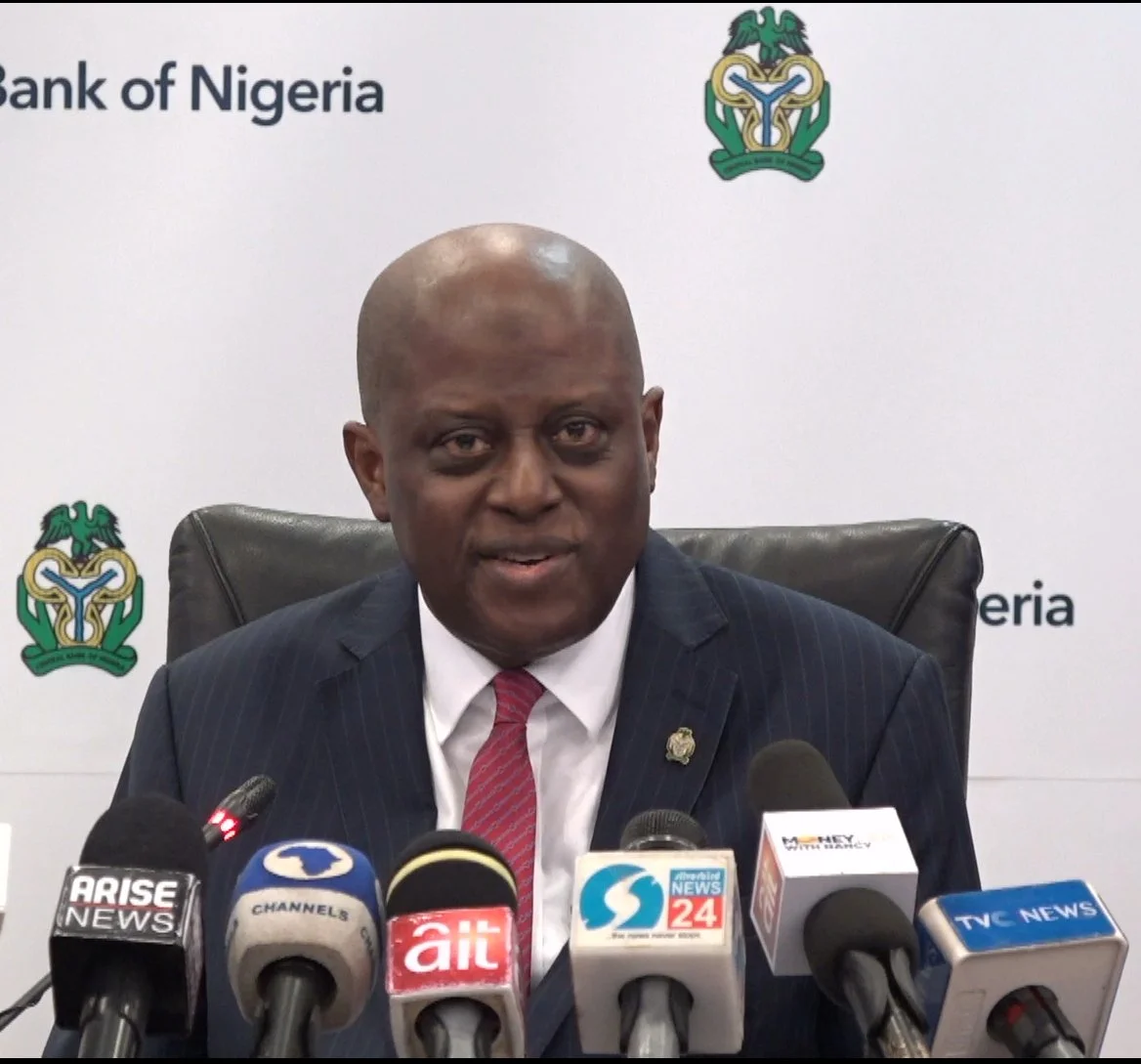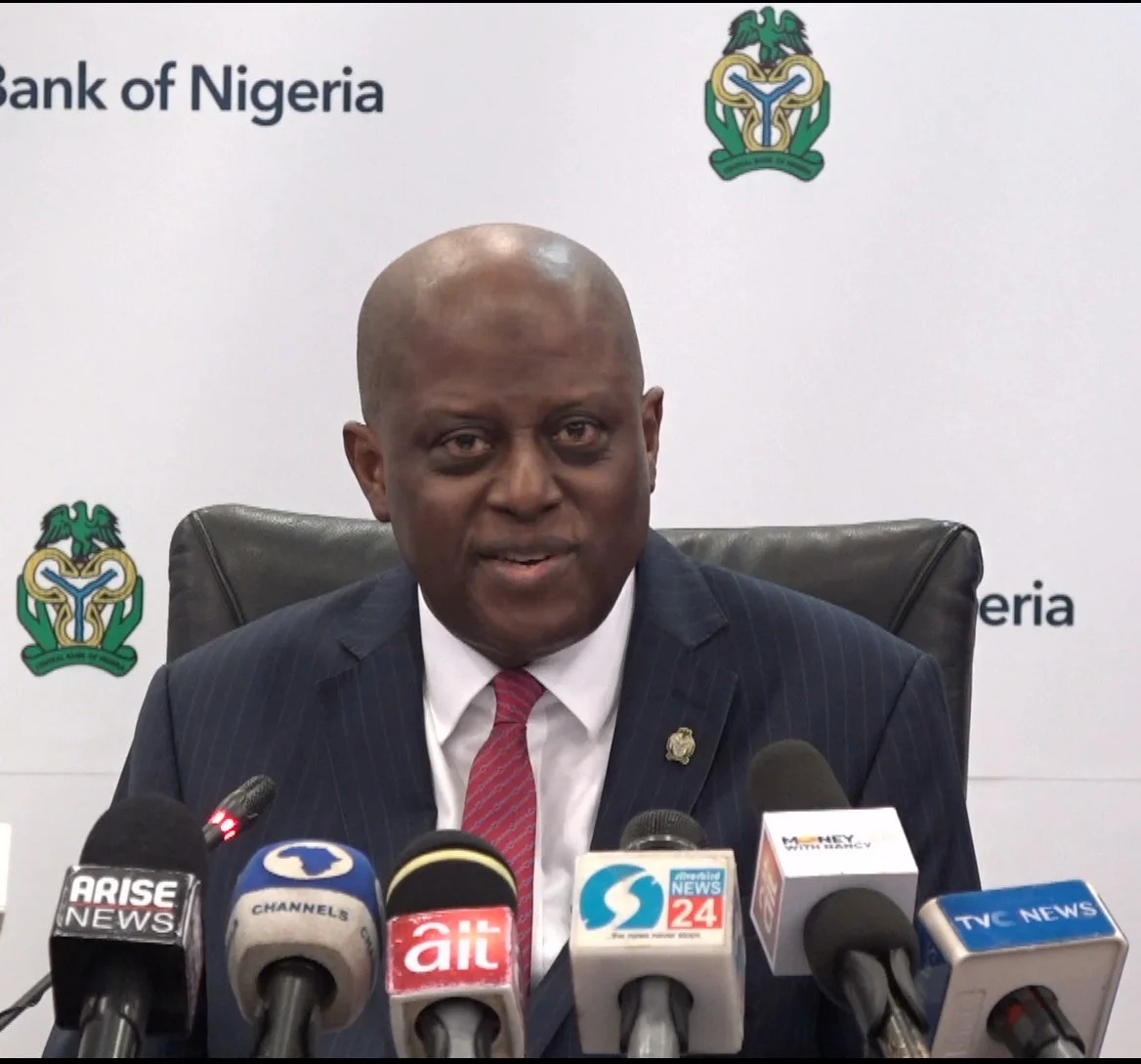President of Masters Energy Group and former Minister of State for Mines and Steel Development, Dr. Uchechukwu Ogah, has called for pragmatic reforms and sustained policy consistency as crucial drivers of Nigeria’s energy transition and long-term sustainable growth.
Ogah made the call at the 2025 NAEC International Energy Conference held in Lagos.
The three-day event, themed “Nigeria’s Energy Future: Optimising Opportunities and Addressing Risks for Sustainable Growth,” brought together top energy executives, policymakers, and experts to discuss Nigeria’s path toward a balanced and resilient energy future.
Ogah said Nigeria must strike a strategic balance between opportunity and risk, driven by coherent policies, innovation, and private sector participation.
“Nigeria’s energy future is not a choice between opportunity and risk. It is a challenge to navigate both dynamics together. Success demands a multi-pronged strategy that leverages our strengths while confronting our vulnerabilities head-on,” he stated.
The former minister acknowledged the transformative impact of the Petroleum Industry Act (PIA) 2021 and the Electricity Act 2023, but emphasised that true progress depended on translating those policy frameworks into measurable outcomes.
He identified three national priorities for Nigeria’s energy roadmap:
Reforming the energy system for tangible results,
Maximising hydrocarbon value before the global transition to renewables accelerates, and
Ensuring affordable, reliable electricity access for all citizens.
Citing a report by the Nigerian Society of Engineers (NSE), Ogah noted that Nigeria currently generates less than 50 per cent of its installed power capacity due to gas shortages and transmission constraints.
He described oil and gas as central to the economy, accounting for about 70 per cent of export earnings and millions of jobs, and called natural gas “Nigeria’s most strategic bridge fuel.”
“Gas powers industries, enables clean cooking, and positions Nigeria as a future LNG export leader. Projects like the Utorogu Gas Processing Facility show what’s possible when we commit to scalable energy solutions,” he said.
Ogah, however, warned that underinvestment, oil theft, and insecurity continued to undermine sectoral progress, limiting the gains of ongoing reforms.
Describing the global energy transition as “the greatest economic opportunity of the 21st century” for Nigeria, he urged the government to surpass its 30 per cent renewable energy target by 2030.
“With abundant solar and wind potential and a young, dynamic population, Nigeria has what it takes to lead Africa’s green economy.
But we must not be consumers of the green economy; we must be creators within it,” he said.
Commending the Association of Energy Correspondents of Nigeria (NAEC) for facilitating dialogue, Ogah identified gas, renewables, and innovation as the three pillars for Nigeria’s sustainable energy growth.
He also cautioned that policy inconsistency, inadequate infrastructure, insecurity, and shortage of technical expertise could derail progress unless urgently addressed.
“Our human capital must evolve with the energy market. We need a National Energy Transition Academy to train the next generation of skilled professionals and innovators,” Ogah said.
He further urged stakeholders to maintain industrial harmony, citing the recent standoff between PENGASSAN and the Dangote Refinery as a reminder of the need for consistent and transparent engagement.
“Energy reform is a shared national project. If we optimise today’s hydrocarbon assets and build tomorrow’s clean energy ecosystem, we can secure a better, more sustainable future for every Nigerian,” he concluded.





